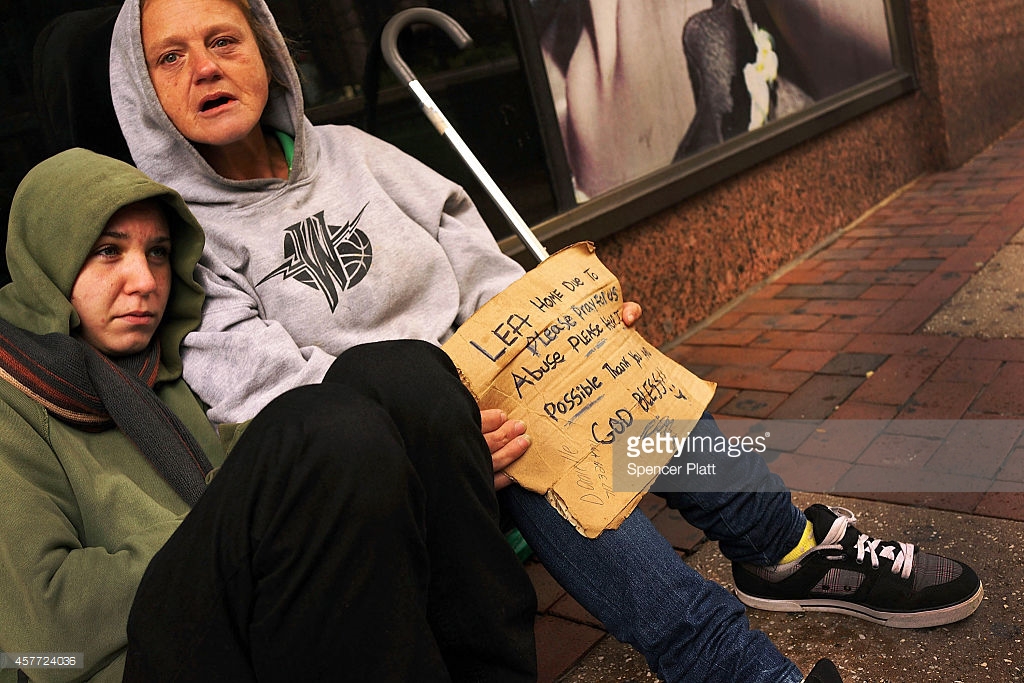Multimedia: ‘Deep Flaws in the Financial System’

In an episode of the BBC’s “More or Less” podcast, Tim Harford explains how a story about an ox can demonstrate the features and flaws of our financial system. Economic writers James Surowiecki and John Kay told the tale of Francis Galton, a 20th century statistician who came across a deceptively simple contest at a local fair:
The contest was that an ox had been placed on display and the crowd around the ox was basically placing wagers on the weight of the ox…There were about 800 people in the crowd, and it was relatively diverse. While many were butchers and farmers and probably qualified to guess the weight of the ox, the rest were not, on the surface at least, experts at all…This made an interesting natural experiment.
The crowd collectively guessed that the ox weighted 1190 pounds – just eight pounds shy of the ox’s actual weight. The guess was “…better than an individual’s would have been.”
That’s a phenomenon you can see over and over again: the wisdom of crowds.
Soon, though, after the contest expanded and gained in popularity, certain people tried to bribe the ox’s caretakers and find other ways to gain an advantage. Frustrated by the cheating, more and more individuals dropped out of the competition. The wisdom of the crowd was lost, until contest organizers adopted strict rules. “Fear was calm,” Tim Harford explains. “The integrity of the weight competition was upheld.”
Still desperate for some advantage, some hired professional analysts to scrutinize the new rules and offer advice. Other analysts decided to focus not on accurately guessing the weight of the ox, but guessing what other people would guess. Or what others would guess others would guess others would guess.
International bodies were established to define weight-guessing rules. Mathematicians devised computerized models to assess the ox’s weight. Despite all the attempts to guess the ox’s weight, though, a slight problem emerged:
And then the ox died. Among all this activity, no one had remembered to feed it.
Surowiecki and Kay believe the parable has unfortunate parallels to today’s economy:
It has to do with the relationship between financial markets and companies…The sideshow actually takes over and overwhelms the underlying object of the fair…and there is a kind of overdeveloped system we have, people are not focused on the underlying reality, but on what people like themselves think about the underlying reality.
There’s now almost no trade in what people call primary markets…all the trade now is in secondary markets, where people are buying and selling claims and companies that already exist. The stock market right now isn’t the way you raise money for business, it’s the way you take money out of business….We need to worry about…whether this process is actually generating any real information about people’s companies, instead of just people’s guesses. We can often end up in a world where there’s no relationship with reality.
Comments are closed here.